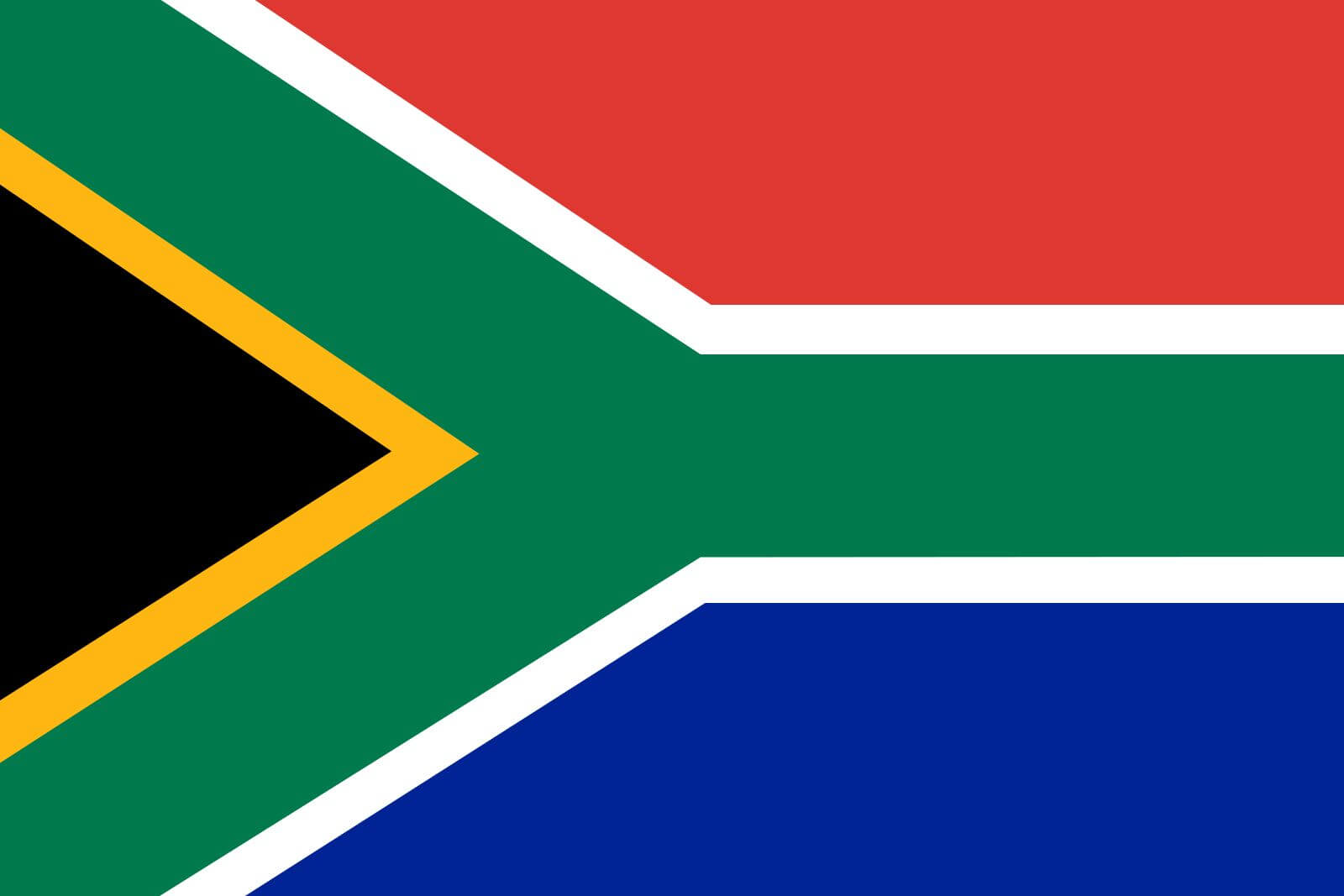
Incrementalization is the development process by which a piece of infrastructure is continually improved and added upon. In the short-term, it is effective and keeps up with global standards. But in the long-term, it leaves countries with a massive capital gap because they now need to replace the whole system, even though they’ve been investing in it for years.
A recent report by International Data Corporation, a market research firm based out of the United States, shows that Middle-Eastern and African countries will increase their blockchain spending from $21 million to $105 million over the next 4 years.
This massive uptick in investment represents the need to build useful systems that can keep up with those of other countries. Plus, it is common to see residents of countries in crisis, like Venezuela, invest in Bitcoin (and other cryptocurrencies) as a means of staying afloat.
South African Interest
For example, a country like South Africa is fairly well-developed, but having seen what happened to the Zimbabwean dollar in the past few years, it is clear that one political misstep could mean a
Property prices have been depressed over the last few years as residents continue to worry about being overexposed to political instability. This type of instability is the perfect
With the potential for redistribution of land and how that would hurt the banking system, it is a strong move for investors who can afford it to put some of their money in the crypto ecosystem. Sovereign currencies have not fared well in terms of inflation over the last few decades, and Bitcoin is deflationary in nature.
So for these countries, we may well see continued adoption on the retail level as investors look for ways to keep their capital mobile, as well as diversifying from being purely invested in one country.
It has been common for residents of South Africa to move to the UK or USA in the past, but recent times have shown those to have unexpected political volatility. At least in South Africa, the risks are known. Buying Bitcoin is a wise decision for those experiencing political uncertainty, because it is country-agnostic and depends on different factors entirely.

